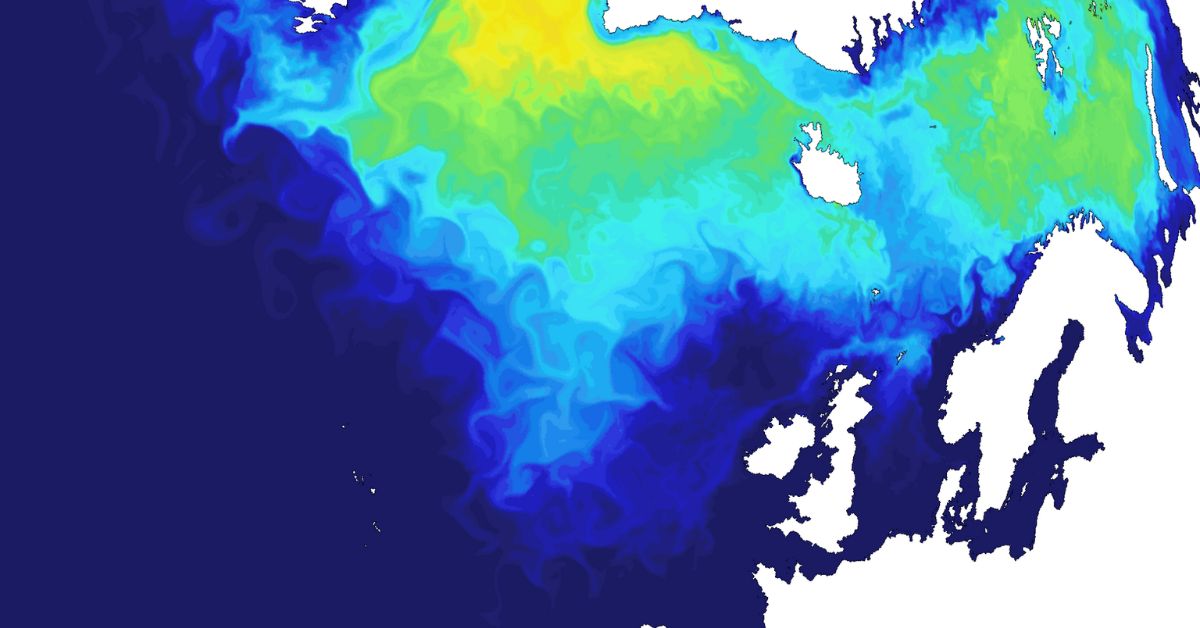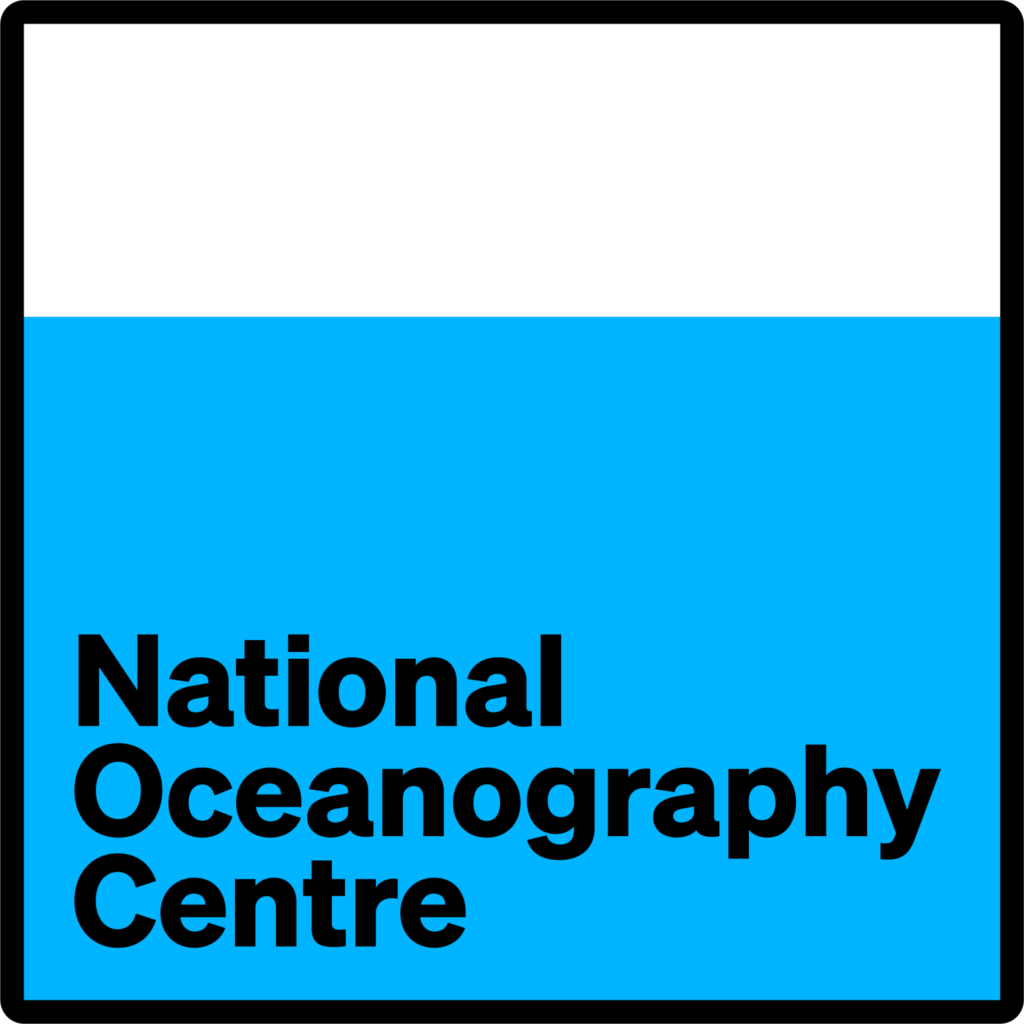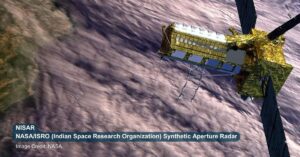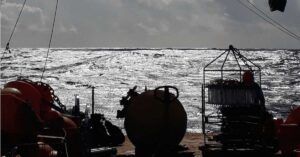The National Oceanography Centre's Commitment
We are committed to doing the science we need to gain a deeper knowledge of the ocean, and will continue to work with partners to understand the carbon cycle and it’s impact upon ocean acidification. We will continue to develop proposals and research programmes in the area, and whilst they continue to be successfully funded we will work across the following OARS outcome areas:
Outcome 1: Quality Data:
We will contribute to ICOS (Integrated Carbon Observation System) (icos-cp.eu)
We will continue to use our National Capability Single-Centre Science programme to develop sensors (e.g. pH and carbonate chemistry) relevant to ocean acifidication
Outcome 2: Science to Action:
We will continue to use our knowledge of ocean carbon cycling and ocean acidification to identify and pursue research questions that directly support political and society action
We will develop the understanding required to make decisions relevant to the safety and efficacy of ocean CDR
Deliver science to allow safe and sustainable Blue Carbon activities
Outcome 3: Observing Strategies
We will maintain long-term sustained observing of carbon flux and chemistry at the Porcupine Abyssal Plain Sustained Observatory (https://projects.noc.ac.uk/pap/)
We will continue to support and enhance the Biogeochemical Argo Programme (biogeochemical-argo.org)
Outcome 4: Biological Impacts
We will maintain research on the impacts of a changing climate, including ocean acidification, on ocean biology
Outcome 5: Future Projections
We will refine ocean carbonate process representation in Earth System Models using the Model of Ecosystem Dynamics, nutrient Utilisation, Sequestration and Acidification (MEDUSA, https://projects.noc.ac.uk/medusa/), producing projections that support understanding ocean acidification and its impacts
Outcome 6: Public Awareness
We will support the better public understanding of OA through news items on our website and social media channels
Outcome 7: Policy Engagement
We will identify and encourage actions to address Ocean Acidification through our policy engagement channels
Relevant OARS outcomes
Outcome 1: Quality Data
Outcome 2: Science to Action
Outcome 3: Observing Strategies
Outcome 4: Biological Impacts
Outcome 5: Future Projections
Outcome 6: Public Awareness
Outcome 7: Policy Engagement
Ocean Basin
Global
Atlantic Ocean




